The Monchique oak (Quercus canariensis) is “critically endangered” and, for this reason, will now be one of the species to be used in the new phase of the Renature Monchique program, which foresees the planting of an additional 125 thousand trees by April 2024.
Due to frequent fires, the expansion of new forest species and other threats, there were only 250 Monchique oaks left in both the mountainous area and the Mira basin. Therefore, replanting new trees of this species is now highlighted as «one of the main goals of the project».
The presentation of the new phase of Renature Monchique took place on Thursday, the 23rd, in Portela das Eiras, in an area of terraces previously covered by brambles and bush, after agricultural activity had been abandoned years ago. This is precisely one of the places where, in the last four years, and like the Sul Informação reported at the beginning, trees of various species have been planted – chestnut trees, cork oaks, strawberry trees and some Monchique oaks -, some of which survived the drought and heat waves.
The project was launched in 2019, following the major fire the previous year, and is the result of a partnership between Ryanair (which finances), the Spatial Planning and Environmental Study Group (GEOTA), the Algarve Tourism Region ( RTA), the Institute for Nature and Forest Conservation (ICNF) and the Monchique City Council.
It aims to ecologically restore the Monchique mountain range and help the local community manage the forest sustainably, making it more resilient to fires in the future.
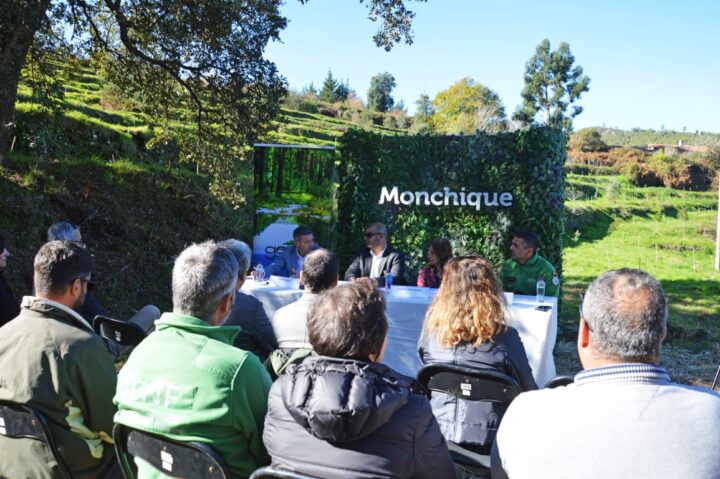
Since then and with this new phase, the Irish airline Ryanair, which is the major financier, will have allowed an investment of 1,4 million euros. Since 2019, as Judite Fernandes, vice president of GEOTA, recalled, 260 thousand trees have already been planted. And now there will be 125 thousand more.
«We work very closely with the owners so that they are able, with our support, to protect the ecological and economic value of their region through an indigenous forest. The most planted species are the cork oak and strawberry tree, as they are those that occupy the largest area in the Monchique mountains and those that are of greatest economic interest to the owners. We believe that this is one of the ways we have to increase the resilience of the forest not only in Monchique, but throughout the country», added Judite Fernandes.
For his part, André Gomes, president of the Algarve Tourism Region, highlighted that «Renature Monchique is a successful example of a public-private partnership in favor of the preservation and enhancement of Monchique's natural assets. And it is also an example of responsible environmental policy on the part of Ryanair, whose carbon offsetting program allows it to support initiatives as worthy as this one».
The project, added André Gomes, «managed to convert a tragedy into an opportunity for sustainable forest management and protection of the richness of the interior landscape, and that is why we hope that the project will continue for more years. Algarve Tourism will do everything in this direction».
Miguel Jerónimo, responsible for the Renature Monchique project, explained that the 125 thousand trees in the new phase have already started to be planted, taking advantage of the autumn weather. In fact, five of them were planted on Thursday, by the presidents of the Chamber of Monchique, RTA and GEOTA, among other people.
«The planting campaign began in September and lasts until February. Then, until May, there are biomass management and control actions. In the summer, as it is not possible to carry out work, there is only monitoring,” he explained.
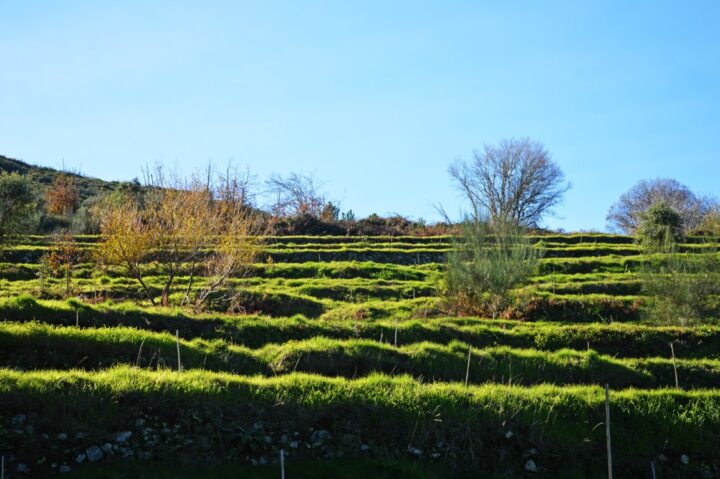
Reforestation with adapted and more resilient species has been carried out mainly on land owned by private owners. At first, it wasn't easy to convince people that this wasn't just another project to plant some trees, take some photos and then forget about it.
But now, revealed Miguel Jerónimo, «every year we have new owners wanting to join the project and we have to make a selection».
The thing is, as António Miranda, from the Institute for Nature Conservation and Forests (ICNF), highlighted, «for people to see the example of their neighbor helps a lot».
In the south, the normal survival rate of planted strawberry and cork oaks is 50%. In fact, Miguel Jerónimo said that this month, «some producers have already harvested arbutus from the trees that were planted at the beginning of the project, four years ago».
But other species have much lower survival rates, around 15 or 20%. This is the case of Monchique oaks, of which around 1500 specimens have already been planted and more will now be planted. If, after this program, the number of specimens has increased from 250 to double, it will already be a notable success.
In total, in the previous four years, 1000 hectares were intervened, belonging to 60 owners and producers. With the new campaign, the area will increase to 1200 hectares.
Paulo Alves, president of the Chamber of Monchique, argued that “consistent work is necessary to support the private management of forest areas that occupy the majority of Monchique's territory”.
For this reason, «the municipality's involvement in this project aims to encourage the community to recover their properties after the fire, making the forest more biodiverse, resilient to rural fires and sustainable. We know, for example, that planting strawberry trees promotes the resilience of the forest, guarantees the raw material for the production of strawberry brandy and, at the same time, generates the wealth necessary for the management of these settlements».
The mayor added that «part of Renature's success is due to the simple and bureaucracy-free process that this project has implemented with people».
António Miranda, from ICNF, highlighted the fact that «our forest space is fundamentally private and very distributed, belonging to many people, which makes large-scale intervention difficult».
However, the fact that GEOTA technicians started by going into the field, talking to people, calling on them to intervene and participate, made it possible to change the situation a little. «It is important to have a partner like GEOTA who goes into the field to find out from people what they want to do».
«We won't be able to put an end to the fires once and for all, but if we manage to prevent them from having such catastrophic effects, it will be very positive», concluded the ICNF official.
Photos: Elisabete Rodrigues | Sul Informação
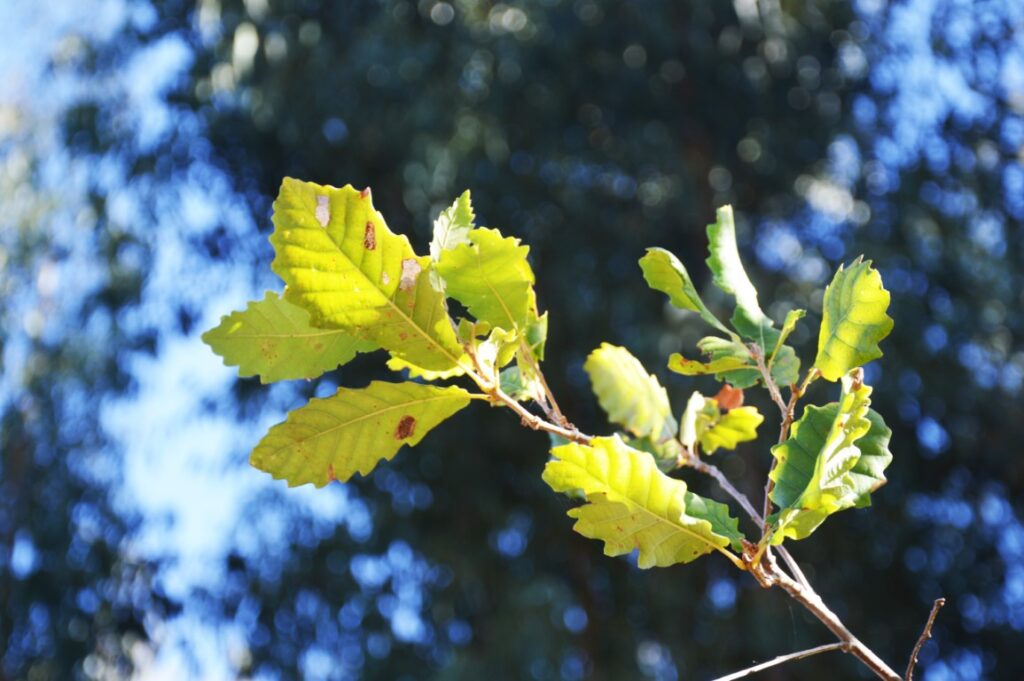
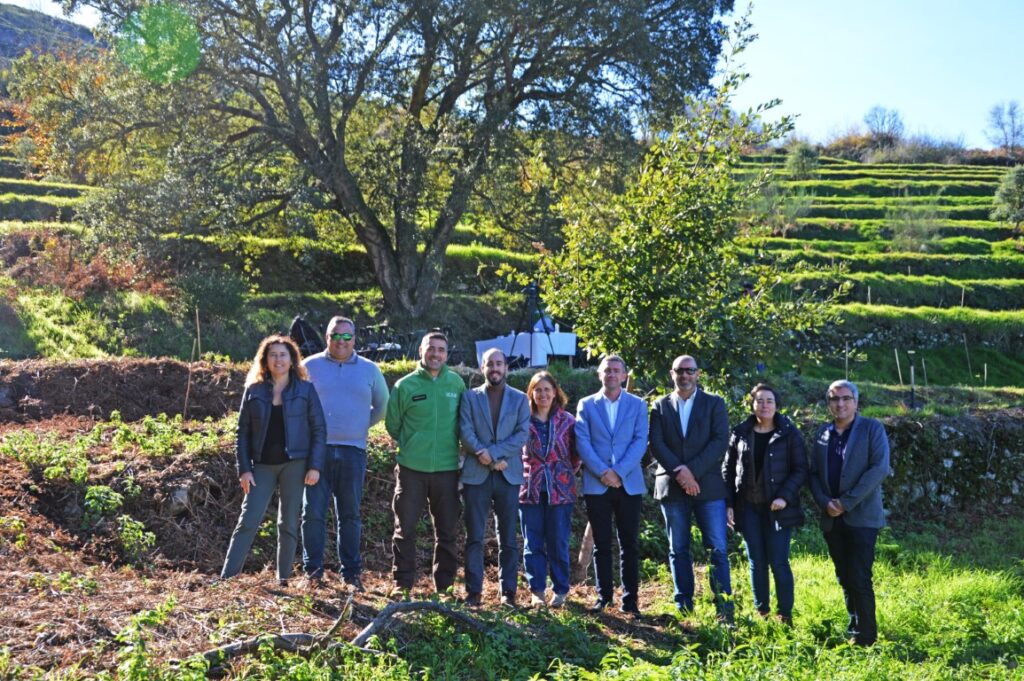
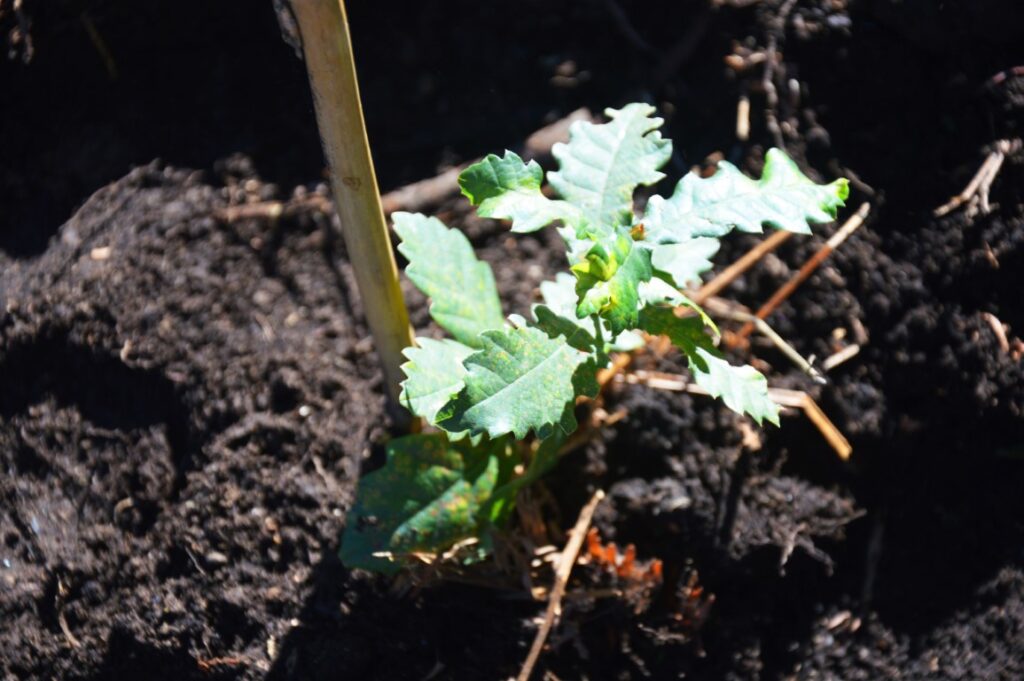
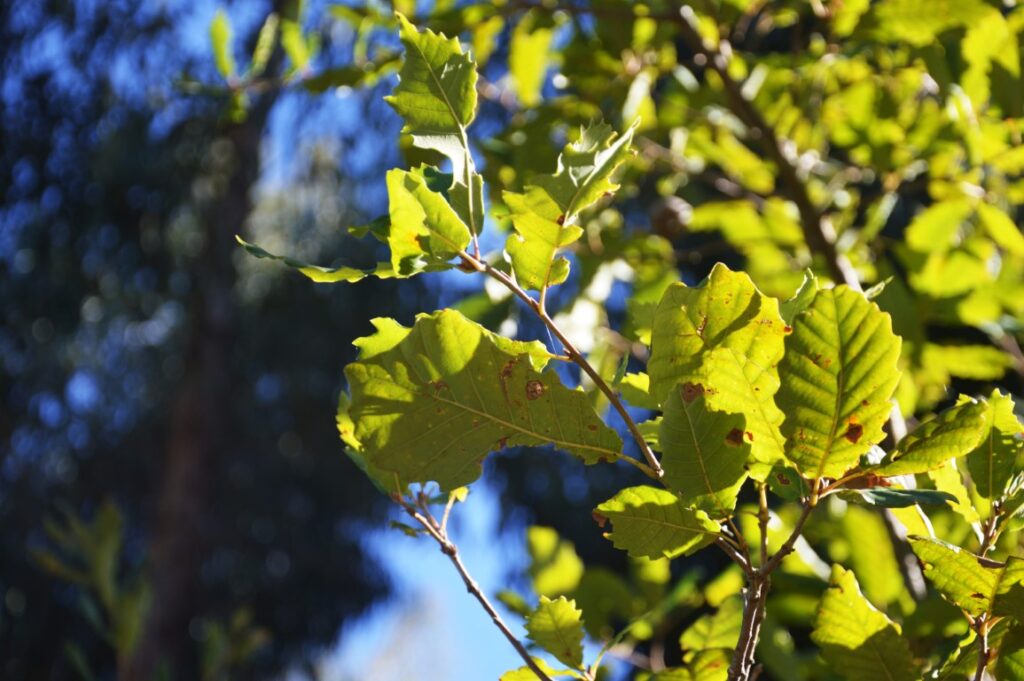
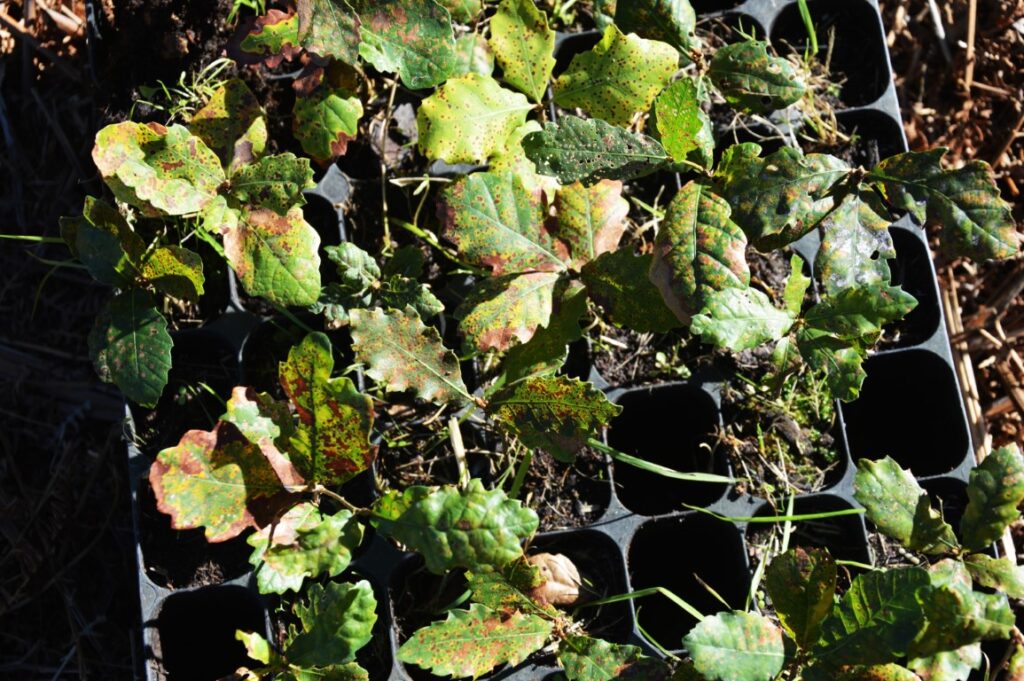
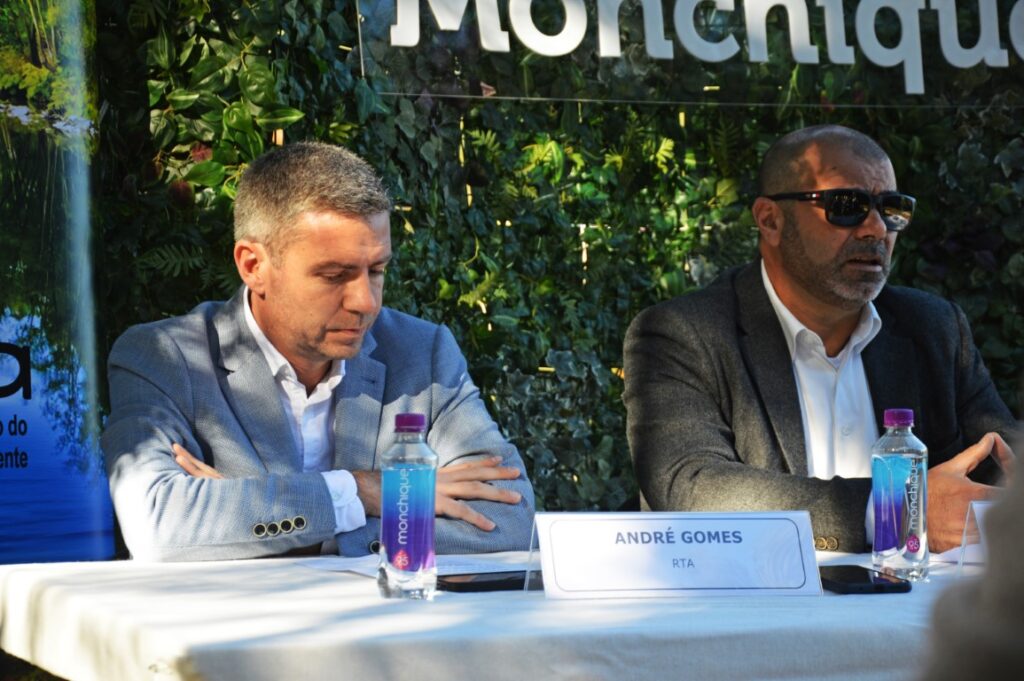
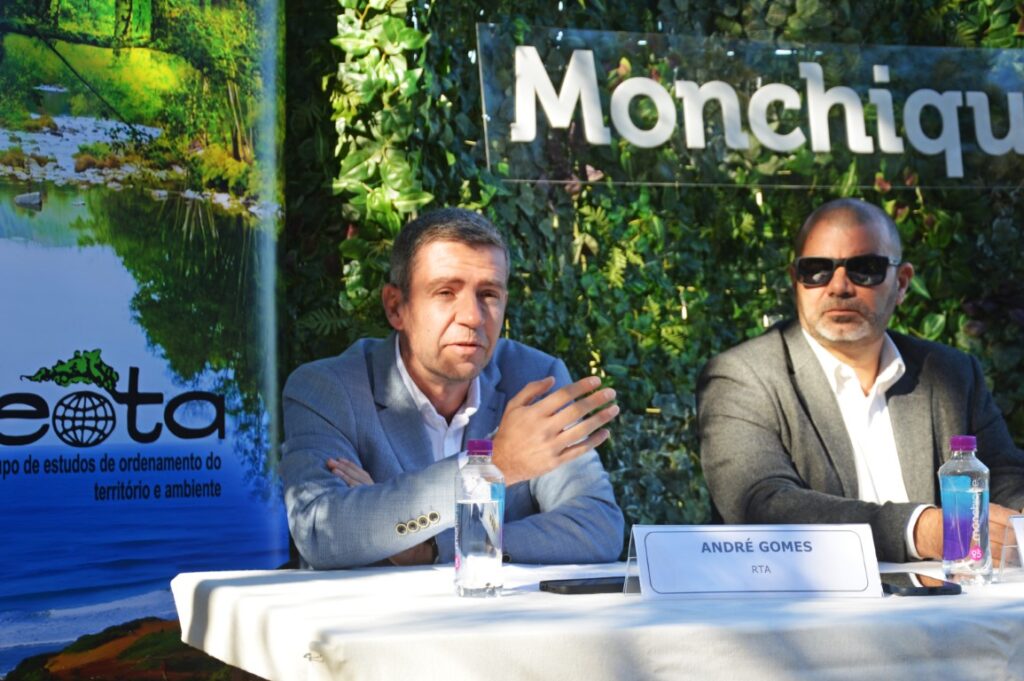
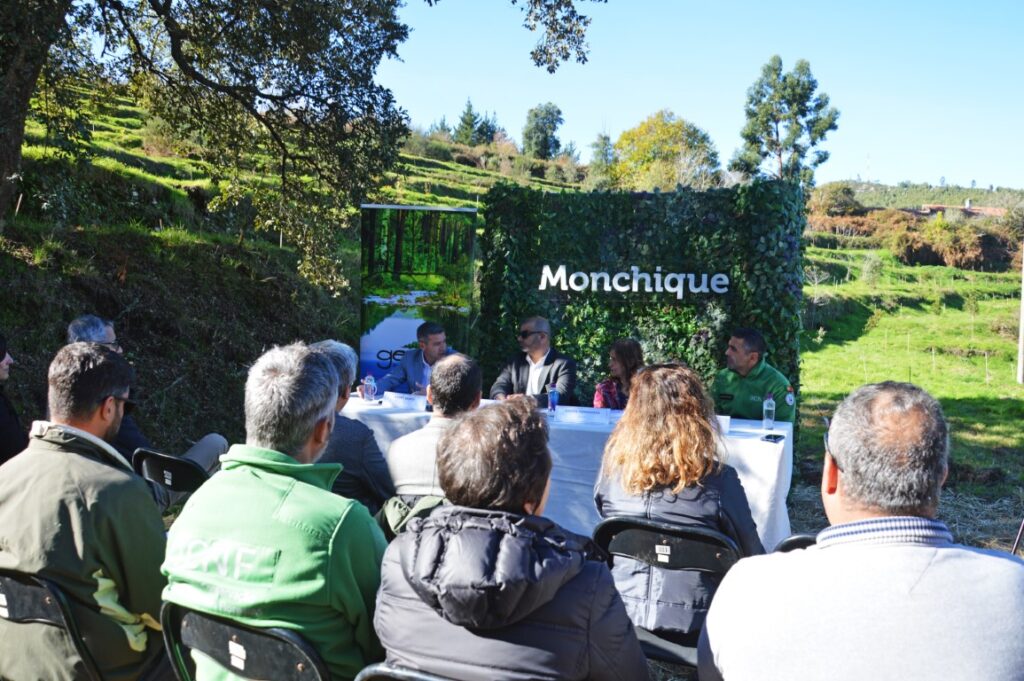
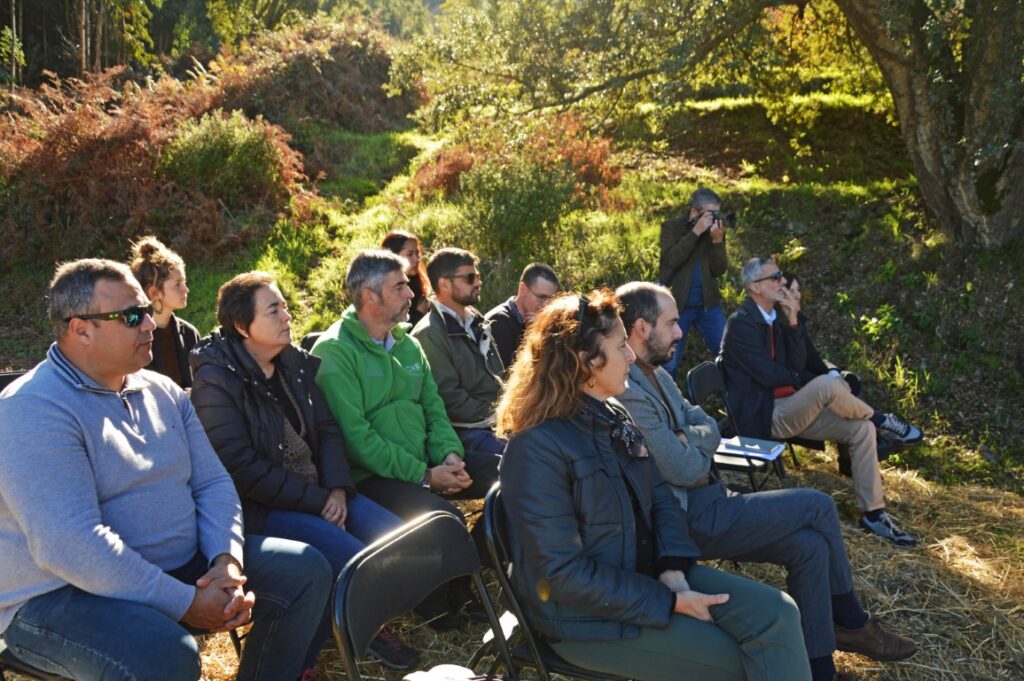
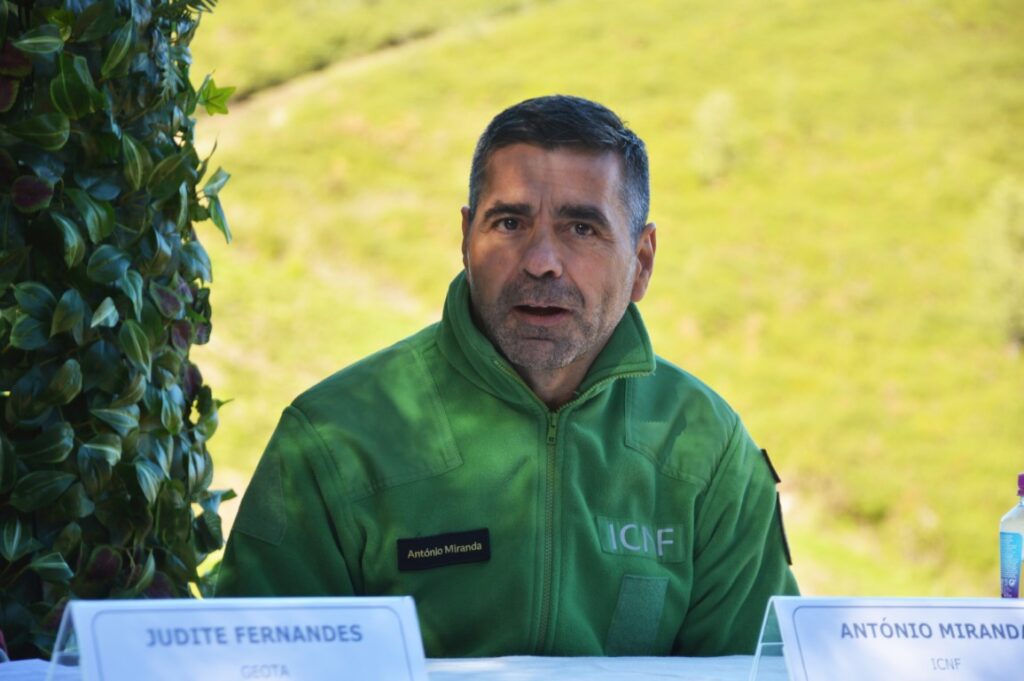
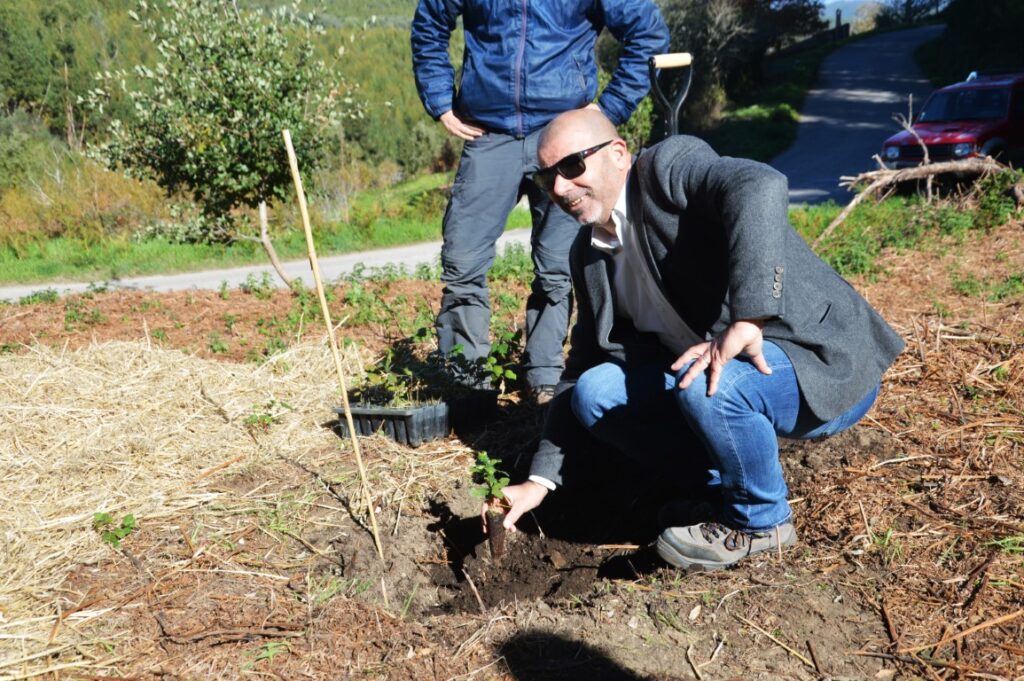
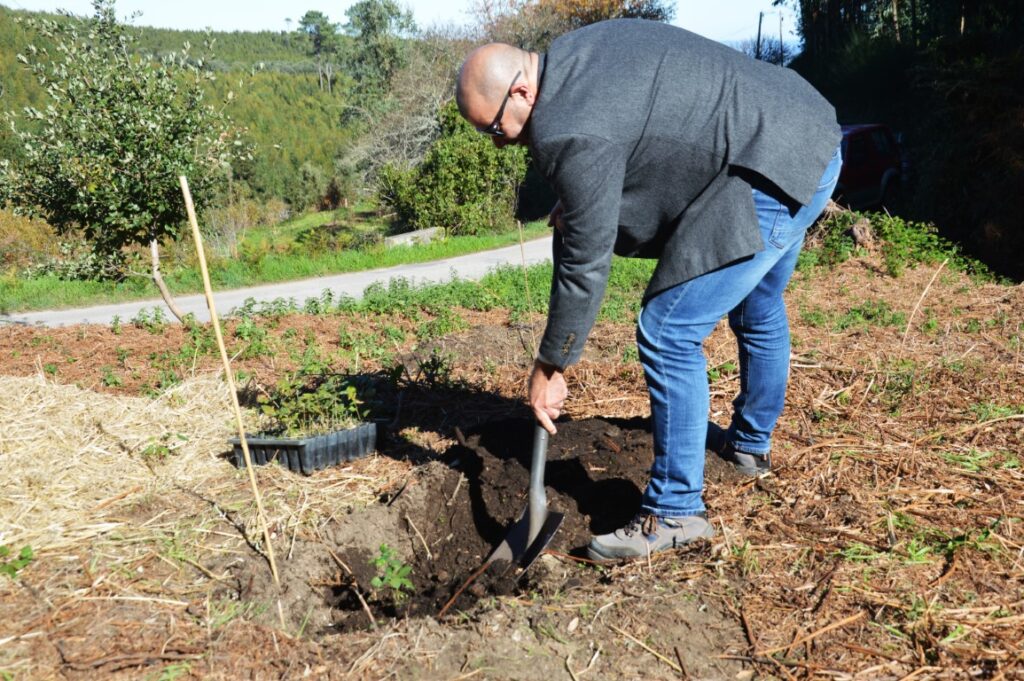
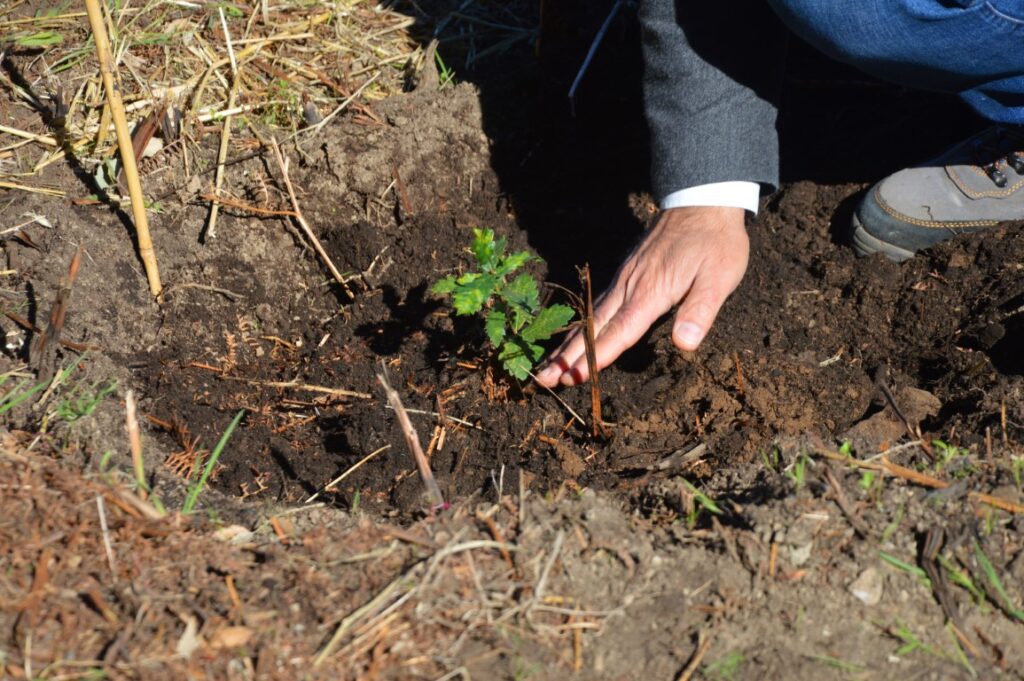
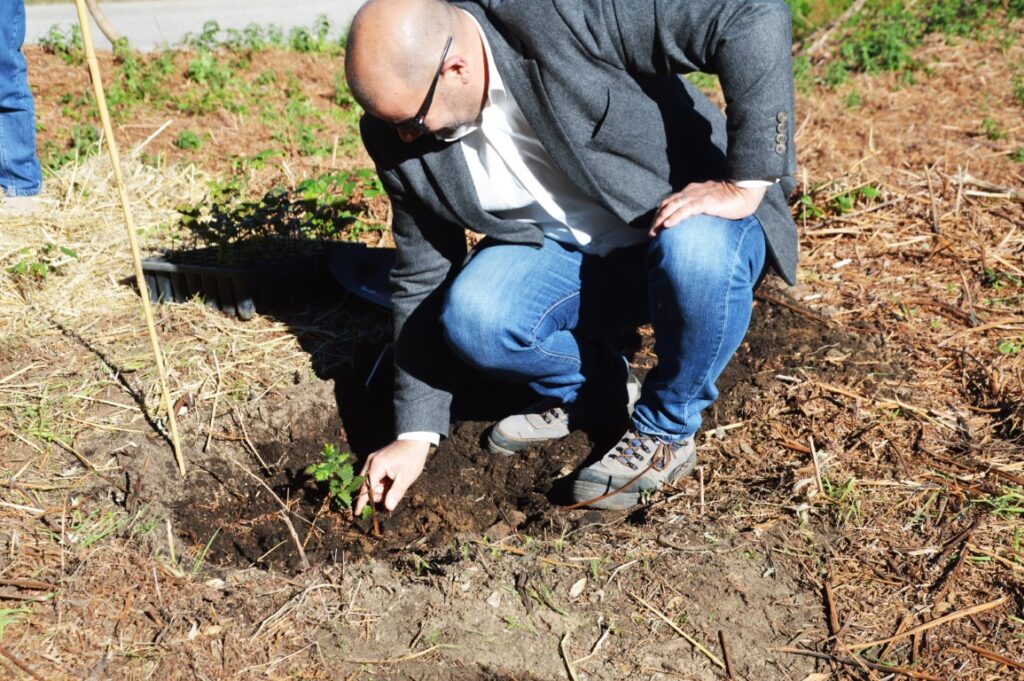
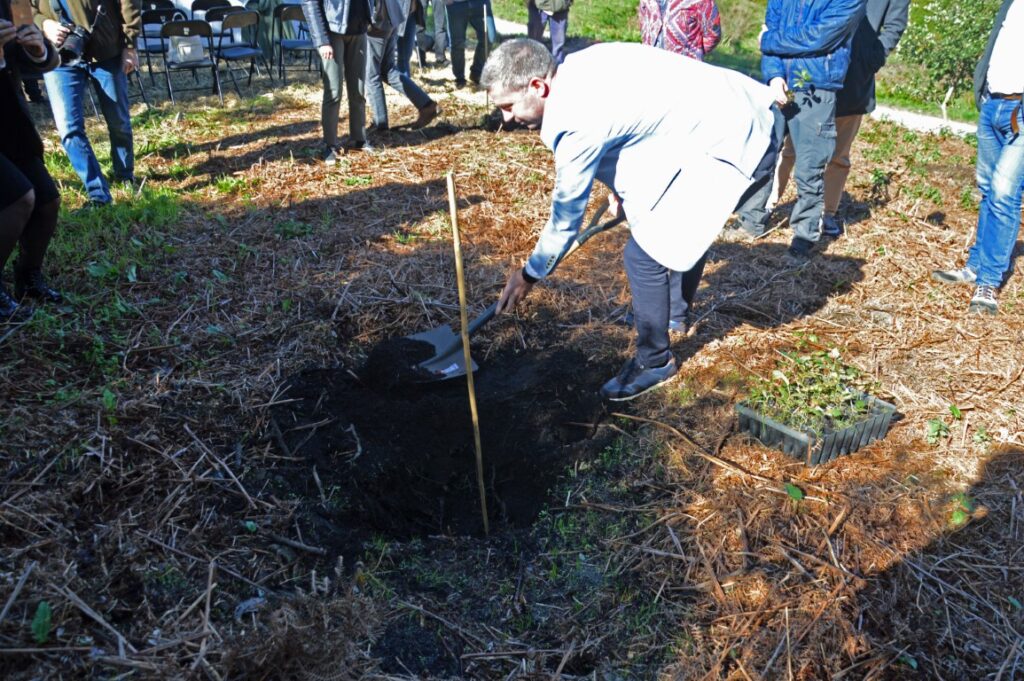
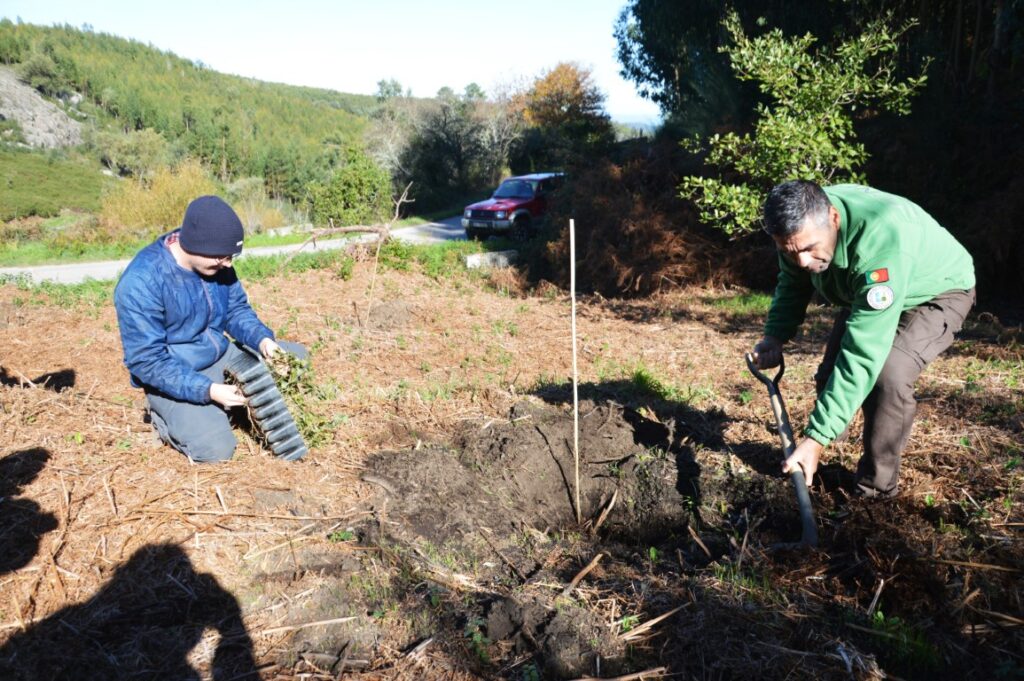
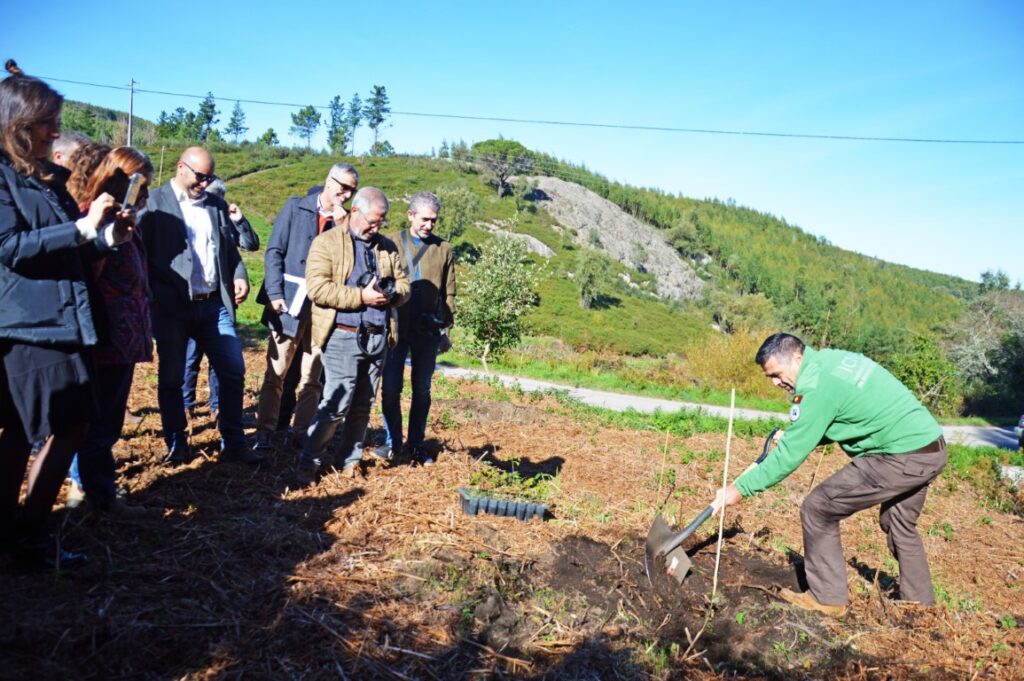
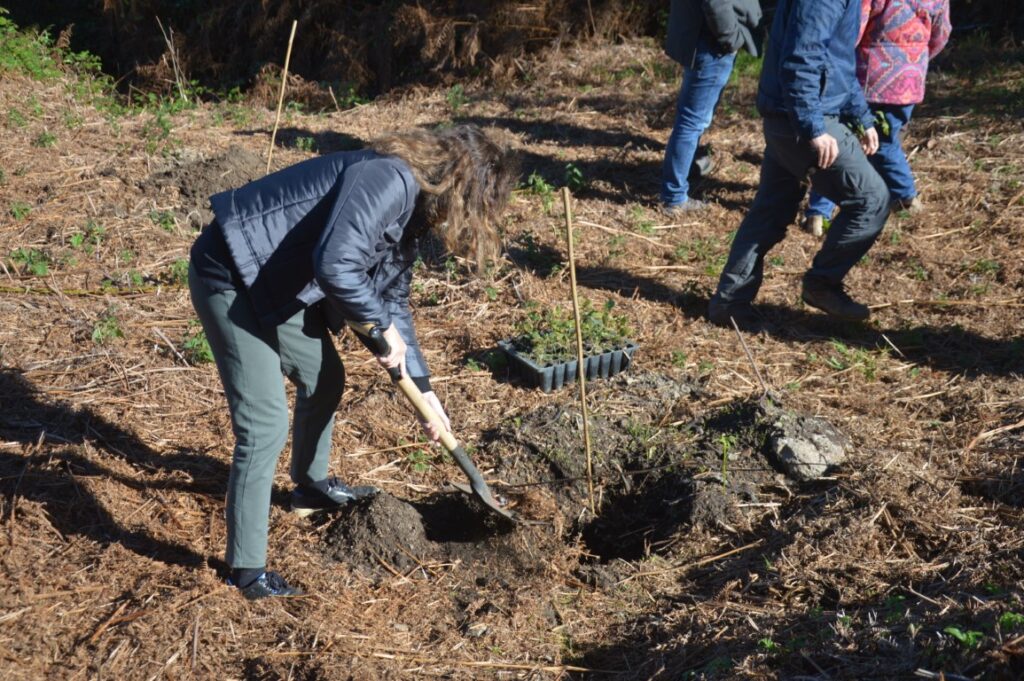
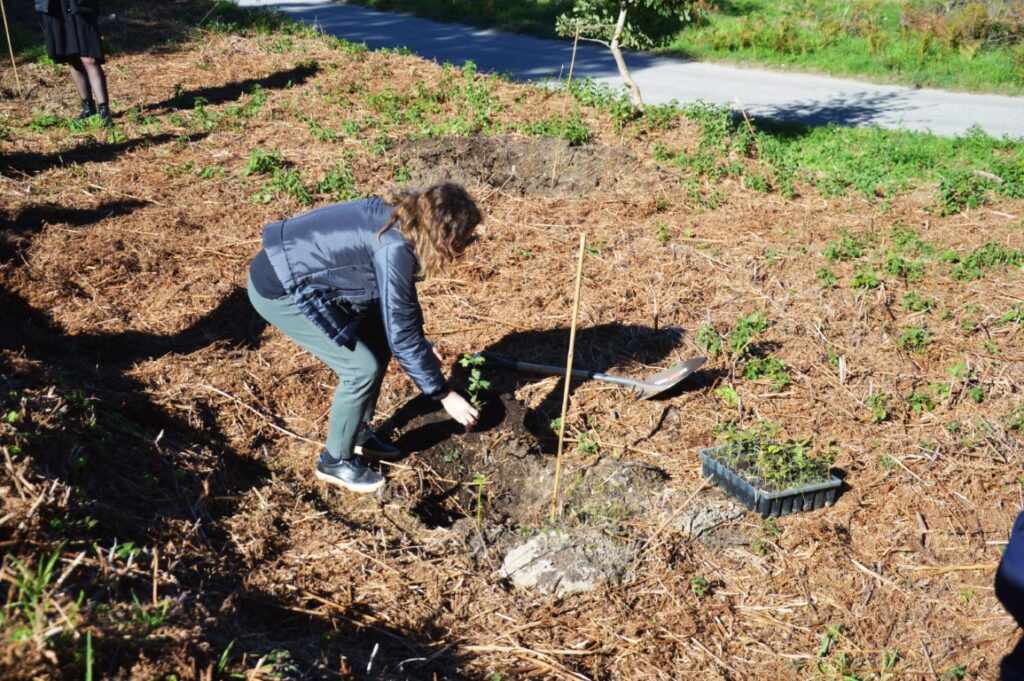
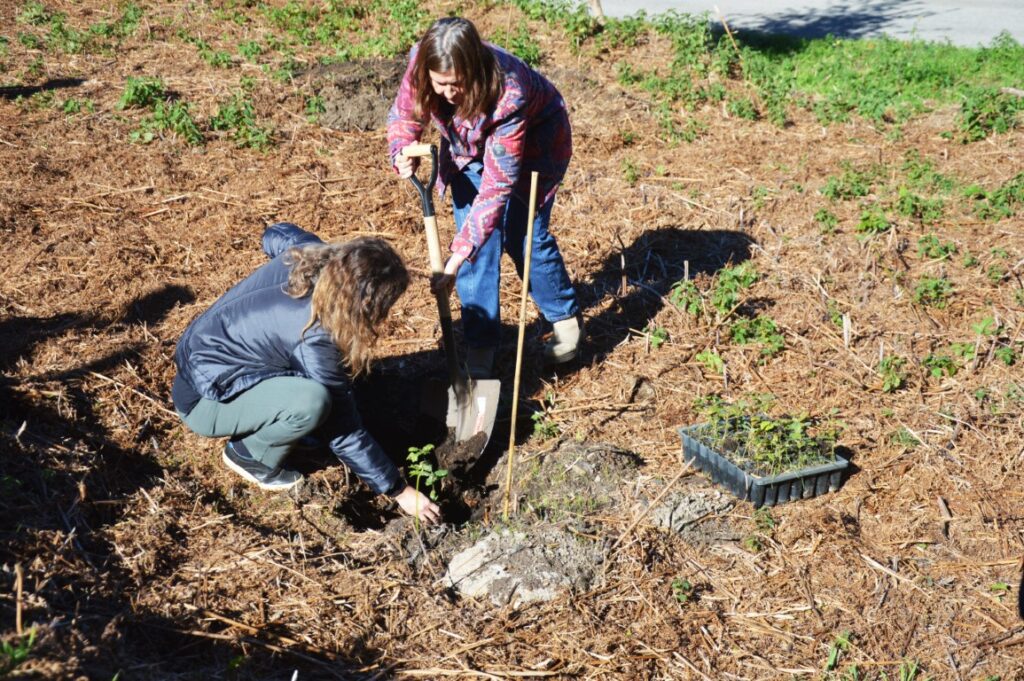
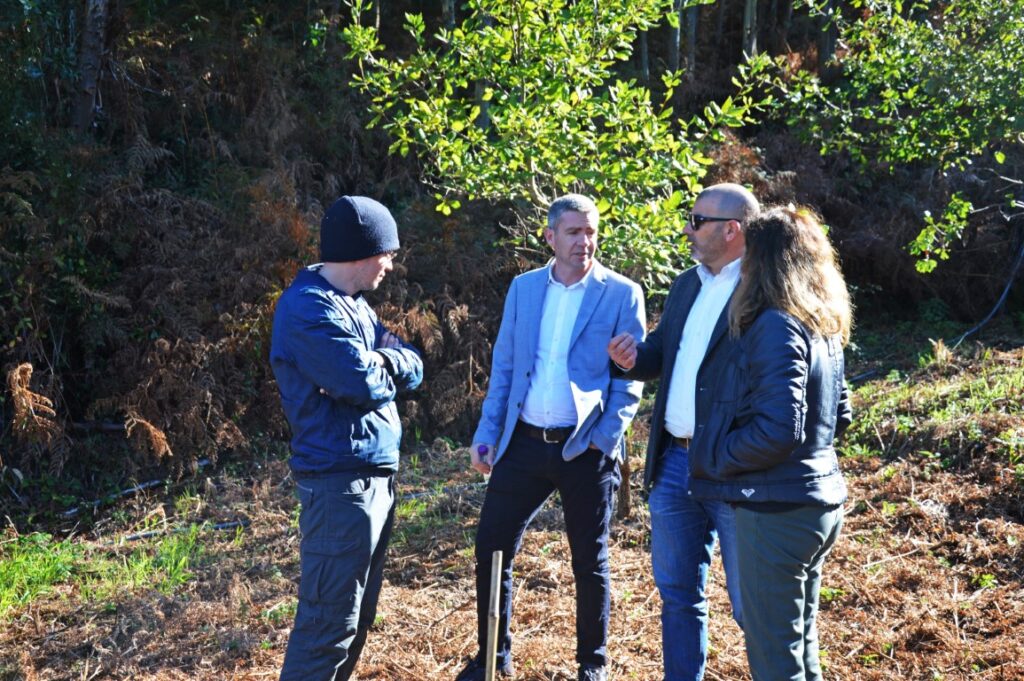
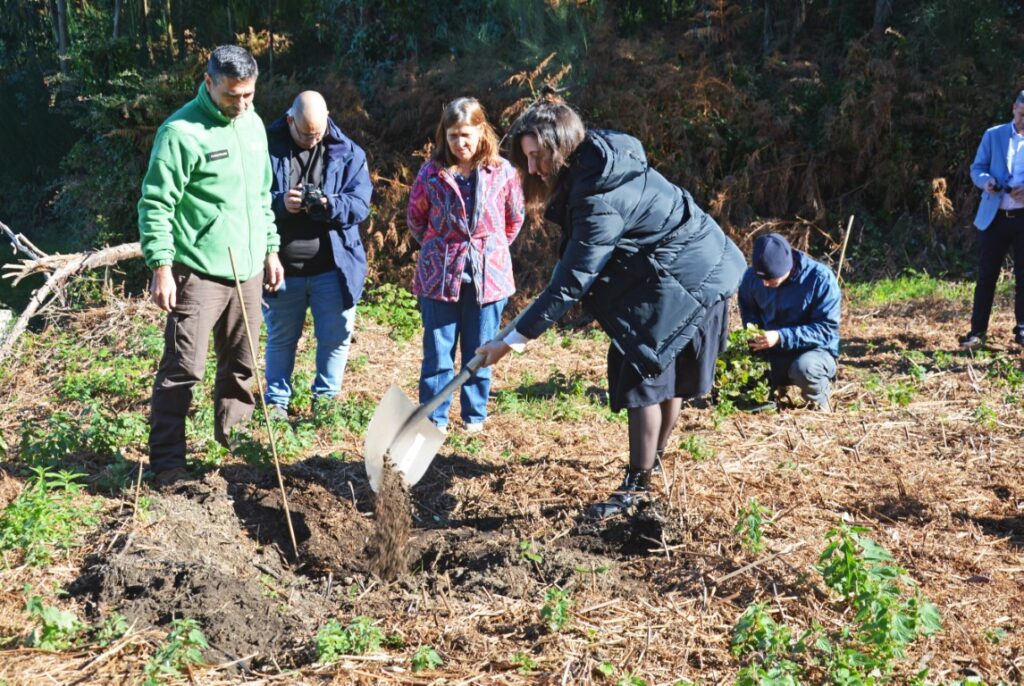
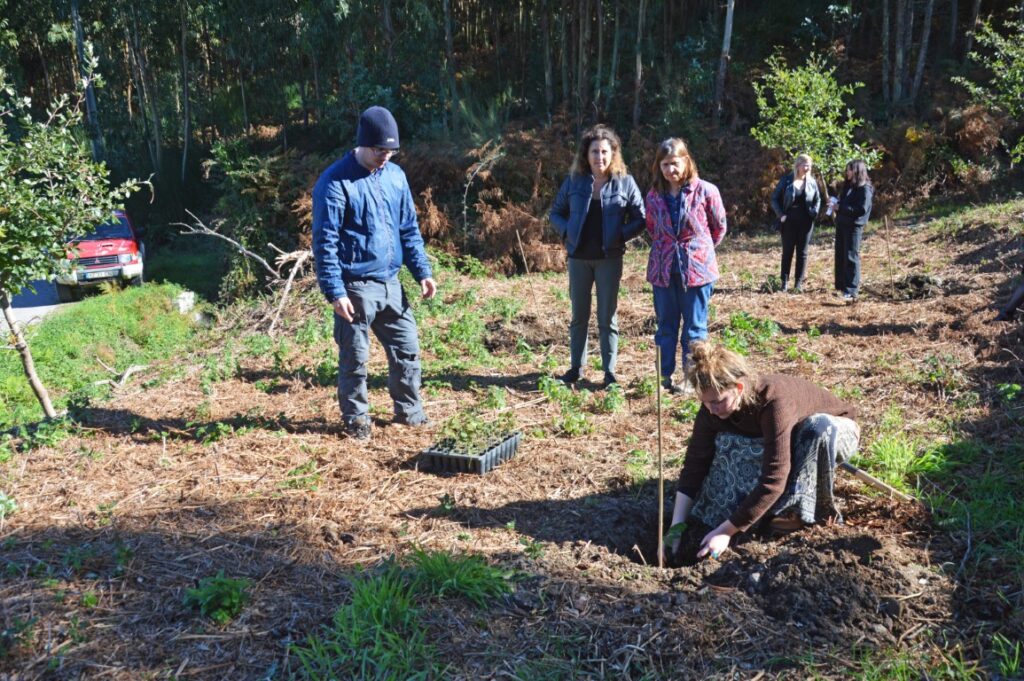
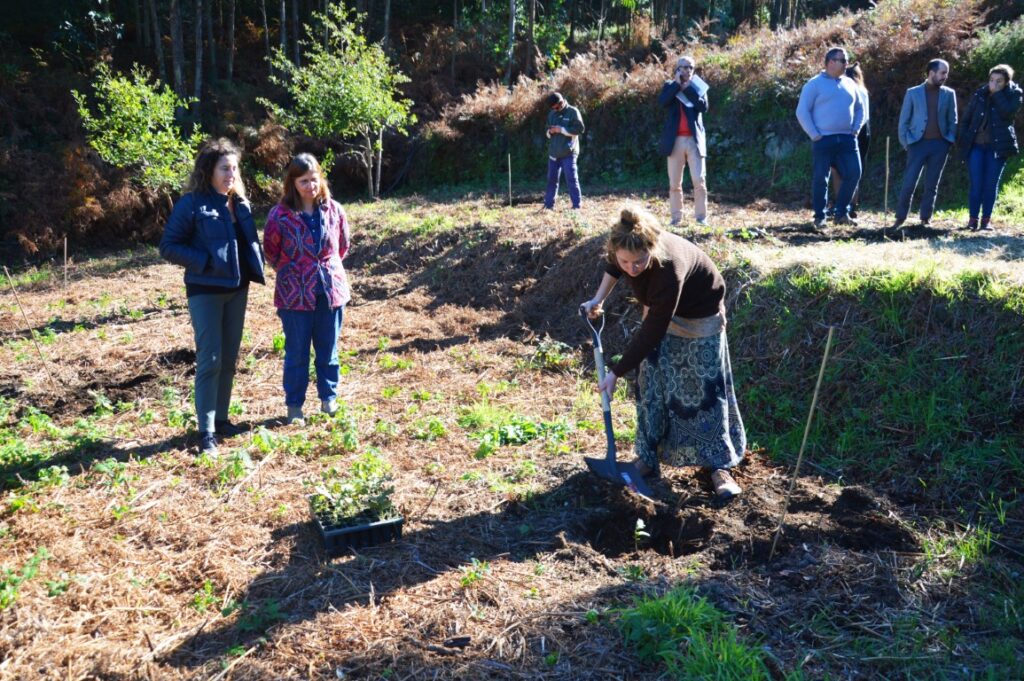
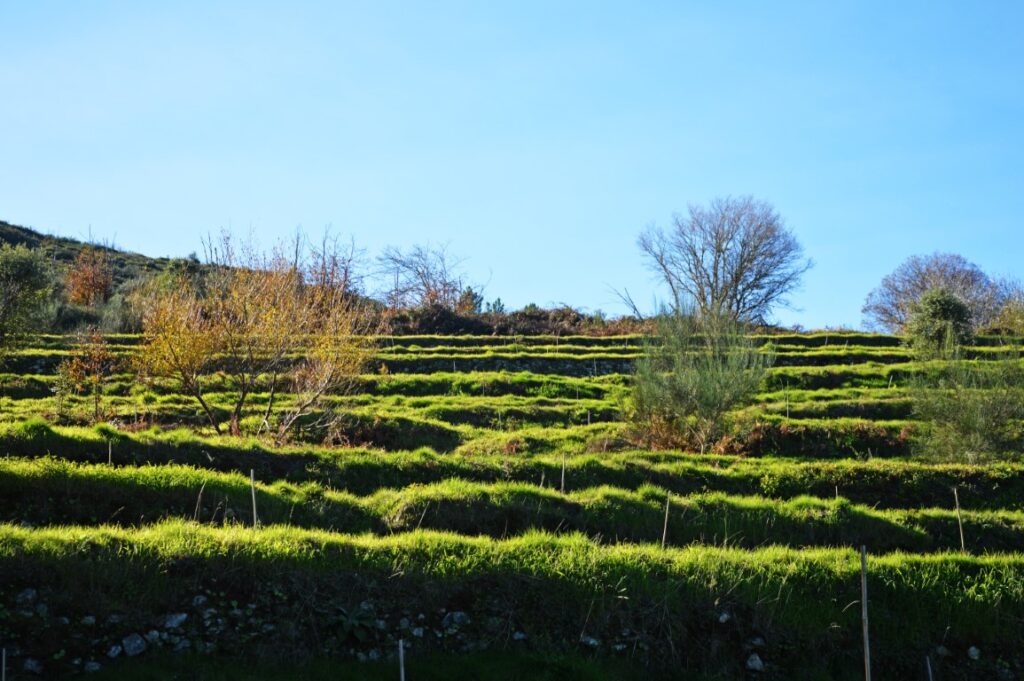
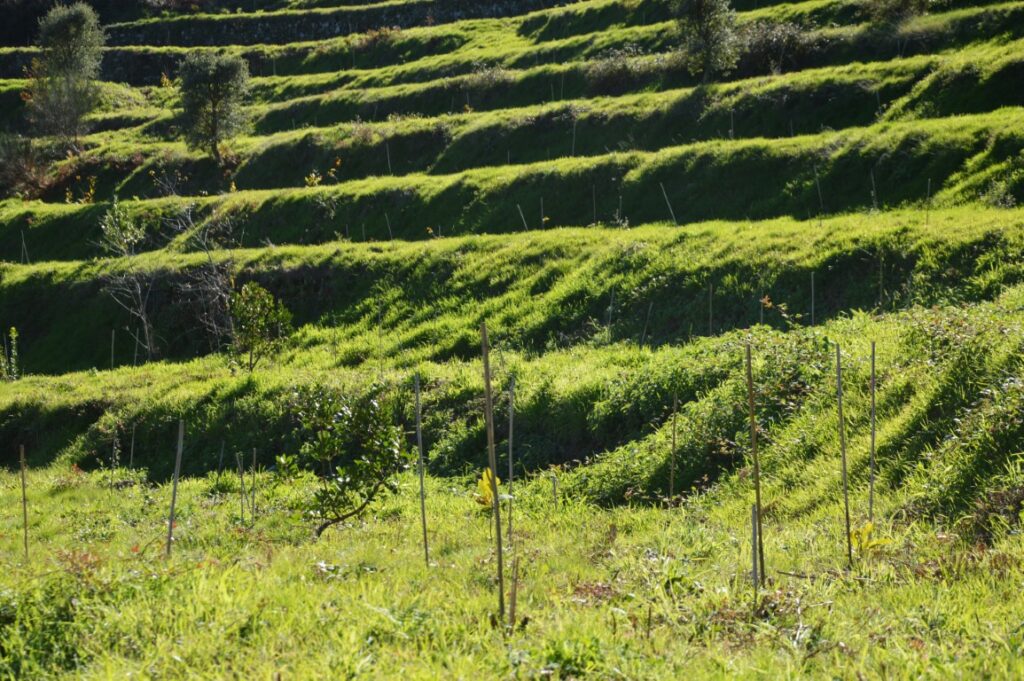
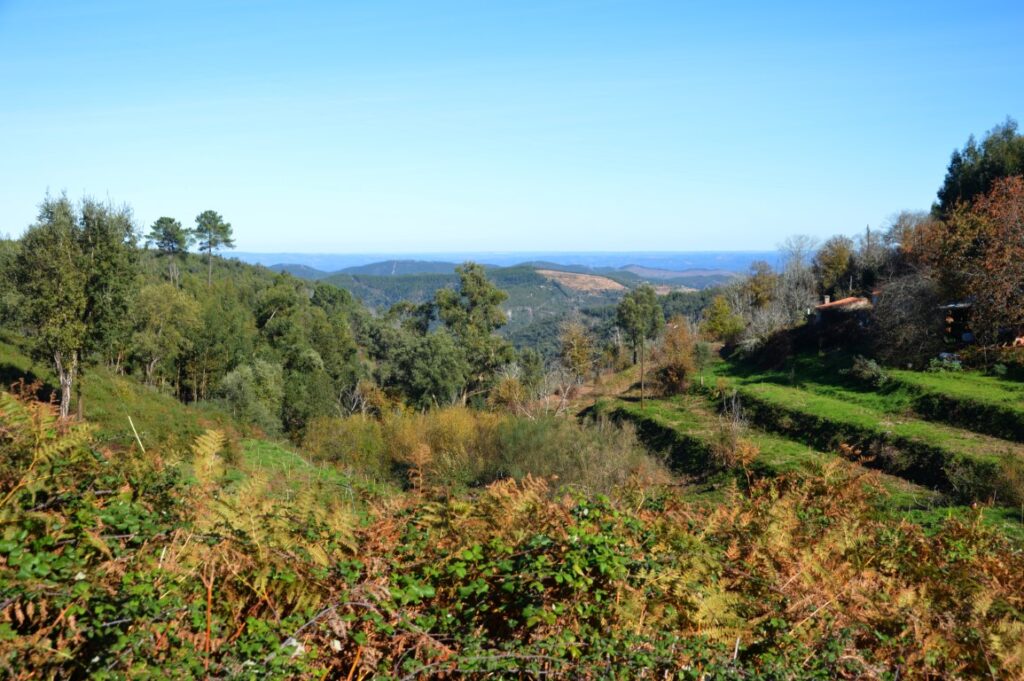


















Comments